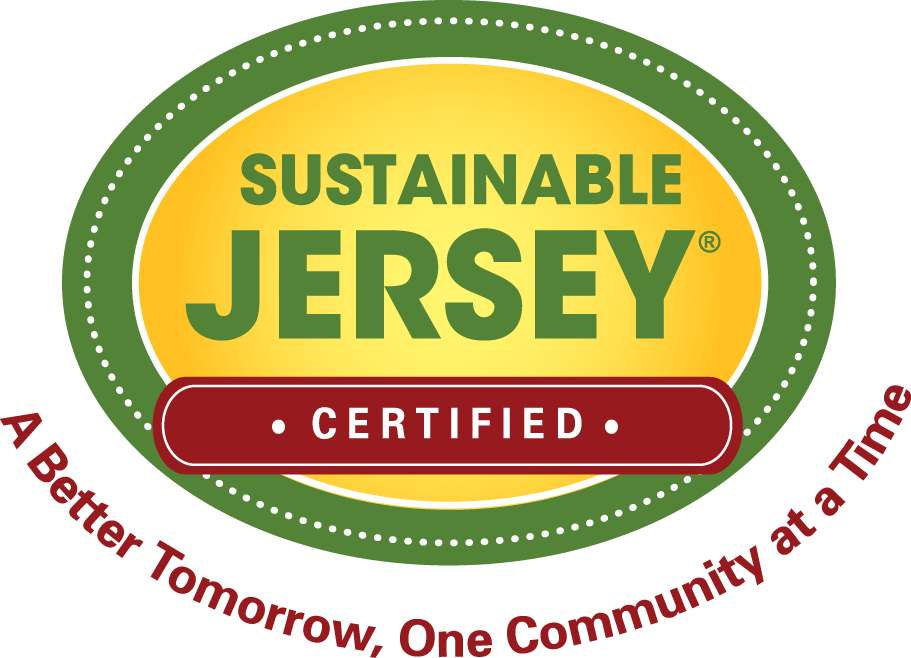Climate Adaptation Task Force (CATF)
on Nov 14, 2011
Sustainable Jersey has formed a Task Force to help municipalities anticipate and prepare for the
impacts of climate change and other natural disasters. More information, including our initial
guidance documents, is available on our website here.
Going forward the Task Force is working on a slate of actions that will lead communities
through a vulnerability and preparedness self assessment, and a set of steps to mitigate these
potential threats. The first new Sustainable Jersey “Climate Adaptation Actions” will include an
on-line planning tool and self assessment checklist for coastal and inland flooding. We anticipate
releasing the final version of the Action in early 2013. In the future we anticipate adding other
impacts such as heat, public health, and drought.
New Jersey has already begun to experience the initial effects of a changing climate, including
increasing temperatures, variations in precipitation and a rising sea; and it is expected that these
impacts will become more pronounced over the next several decades. Each of these impacts has
the potential to threaten the public health of New Jersey residents, as well as the ecology and
economy of State. Municipalities and local governments are often the first line of defense in
dealing with these impacts. Recognizing that municipalities and local governments will need
appropriate information, tools and resources to effectively address these impacts; Sustainable
Jersey formed a Climate Adaptation Task Force (CATF) to develop ways for towns to earn
“Adaptation” points toward meeting their certification goals.
Adapting to a changing climate encompasses a broad range of issues, including seemingly
disparate issues such as public health, downtown revitalization projects, and flood insurance
rates. The CATF has brainstormed on many of these issues already, and determined that some
initial education of communities about climate adaptation was a necessary first step in insuring
that all the communities had a baseline understanding of the expected changes to New Jersey’s
climate system and the challenges those changes present to New Jersey communities. Two
documents developed by the CATF, and recently posted on Sustainable Jersey’s webpage (in the
Resources/Publications section -see link above) strive to provide that critical information. One
provides a glossary of terms as they are commonly used in the climate vernacular, while the other gives a state and local perspective on changes already happening to New Jersey climate
system, as well as projections of future changes.
- Beyond this introductory work, the CATF has been working on the following initiatives to establish point-generating tools for participating municipalities:Partnering with the DEP’s Coastal Management Office (CMO), Rutgers University (both the Jacques Cousteau National Estuarine Research Reserve (JCNERR) and the Center for Remote Sensing and Spatial Analysis (CRSSA)) and the Barnegat Bay Partnership, Sustainable Jersey’s CATF is set to embark on an initiative to take CMO’s existing coastal resilience tools and expanding them into an interactive on-line resource. The goal of this partnership is to make these existing resources more accessible to communities, and expand them to consider cover non-coastal specific climate related impacts, such as inland flooding, heat and drought. The final product would also link communities to other related initiatives, such as prioritizing actions that would generate points through the National Flood Insurance Program’s (NFIP) Community Rating System (CRS) and/or Sustainable Jersey, and/or enhance local and county Natural Hazards Mitigation Plans. Ultimately, the combination of mapping and vulnerability assessment into one tool would provide communities with a single point of entry for climate adaptation issues in NJ and “one stop shopping” to meet multiple objectives, increasing the likelihood of community use.
- Formation of a subgroup to brainstorm on public health related issues and determine what types of tools and support municipalities need in order to address these issues. Initial focus centers on heat and heat-related illnesses. Tools initially under consideration include: 1) outreach and education tools that can be shared with the municipalities (e.g., factsheets on how climate will exacerbate certain existing issues; what health issues to be on the look out for in a heat wave; guidelines on medical self-assessments, etc.); and 2) municipality guidance on putting together a heat evacuation routing strategy.
The Climate Adaptation Task Force is Co-Chaired by Christine Schell of the New Jersey
Department of Environmental Protection and Randy Solomon of The College of New Jersey
(and Sustainable Jersey). We would like to thank the Delaware Valley Regional Planning
Commission, The State Climatologist David Robinson, The Jacques Cousteau National Estuarine
Research and Reserve, The Barnegat Bay Partnership, the NJDEP Coastal Management Office,
and the rest of the task force, for their tremendous contributions to the ongoing work.
For full press release, click here.
- Media Releases
